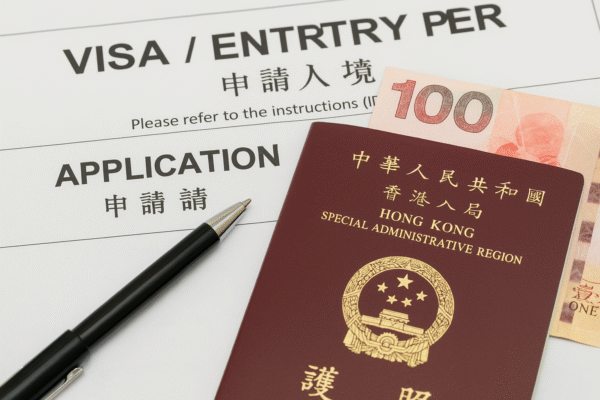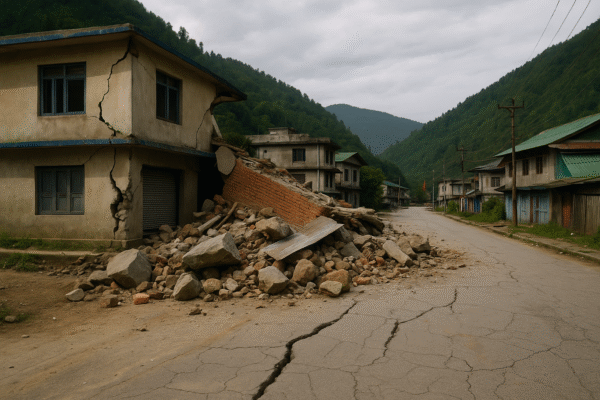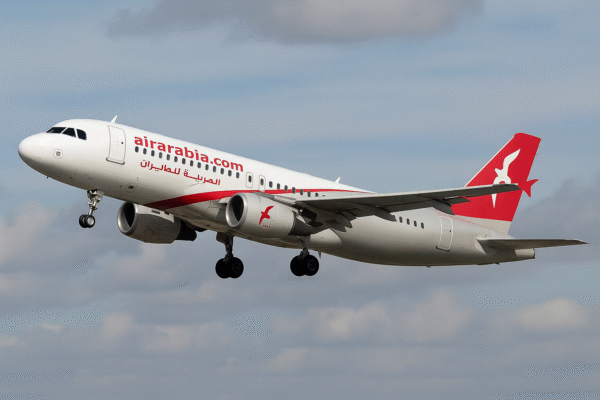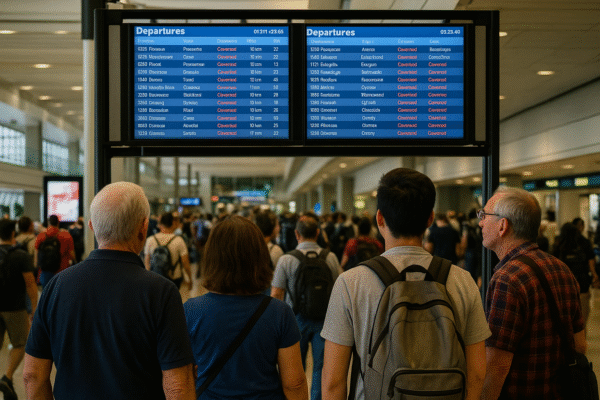Air travel across Asia and parts of Russia faced significant disruptions between August 28 and 29, 2025, as Japan Air Commuter, Sky Angkor Airlines, and Yakutia Airlines announced multiple cancellations and delays. Over a dozen flights were grounded, while many others experienced delays, leaving thousands of travelers stranded or forced to change their travel plans.
This wave of interruptions affected some of the busiest and most critical airports in the region, including Fukuoka, Kagoshima, Osaka, Phnom Penh, Suvarnabhumi Bangkok, and Mukhino. The disruption is expected to have a ripple effect on tourism, an industry heavily dependent on consistent flight operations.
Breakdown of Cancellations and Delays
According to flight operation data, the cancellations impacted 16 flights in total, alongside 14 delayed services. Japan Air Commuter alone accounted for six canceled flights, affecting around 5% of its daily schedule. Sky Angkor Airlines grounded five flights, representing more than 60% of its planned departures for the affected days. Yakutia Airlines also reported five cancellations, impacting about 20% of its regional and domestic operations.
Passengers reported long waits at terminals as airports struggled to manage rebookings and coordinate alternative routes. The situation worsened on Friday, when the majority of the cancellations occurred, causing peak-hour congestion at regional and international terminals.
Routes and Airports Affected
The flight cancellations affected both domestic and international routes:
- Japan: Flights between regional airports such as Fukuoka, Kagoshima, Osaka, and Izumo were canceled, particularly routes connecting to Amami and Okinoerabu Islands.
- Cambodia and Thailand: Sky Angkor Airlines canceled flights on the busy Phnom Penh–Bangkok route, one of the most traveled air corridors in Southeast Asia.
- Russia: Yakutia Airlines faced disruptions across its regional routes, including Mukhino, Khabarovsk, Yakutsk, Chokurdakh, and Ugolny, impacting both domestic connections and access to remote regions.
Major hubs like Bangkok’s Suvarnabhumi International Airport and Phnom Penh International Airport saw increased congestion as travelers scrambled to find alternative flights or accommodation.
Delays Add to Passenger Woes
Beyond outright cancellations, flight delays created further complications. Japan Air Commuter recorded 11 delays, while Sky Angkor and Yakutia reported additional hold-ups on key routes. Passengers, many of whom had connecting flights, faced extended layovers, missed connections, and the added expense of rebooking accommodations and ground transportation.
Travelers described long queues at airline service counters, with some waiting hours to secure new tickets or updated itineraries. The combination of cancellations and delays left many travelers stressed and uncertain, especially those traveling for time-sensitive events such as business meetings or family occasions.
Tourism Impact in Key Regions
The travel chaos is expected to have a short-term impact on tourism in several affected regions:
- Japan: Popular summer destinations like Amami and Okinoerabu Islands could see reduced visitor numbers, as tourists opt to postpone or cancel their trips. Regional airports play a key role in connecting these areas to Japan’s mainland, and any disruption can dampen local economies dependent on seasonal tourism.
- Cambodia and Thailand: The Phnom Penh–Bangkok route is vital for leisure and business travel. Disruptions during this busy period may slow the momentum of Southeast Asia’s tourism recovery, particularly for travelers planning weekend getaways or multi-country itineraries.
- Russia: Remote regions in the Russian Far East, often accessible only by air, face unique challenges. Areas like Chokurdakh and Ugolny rely on reliable flight schedules to sustain both tourism and local business travel. Any interruption in service can significantly reduce visitor flow and affect local industries.
Advice for Affected Passengers
For travelers caught in the middle of these disruptions, experts recommend the following steps to minimize inconvenience:
- Check for Alternative Flights: Contact airlines immediately to explore available rebooking options. Many carriers are offering flexible rebooking policies or credit vouchers for future travel.
- Review Travel Insurance: If covered, file claims for missed connections, accommodation costs, or canceled tours.
- Stay Updated: Monitor airline apps, airport announcements, and digital alerts for real-time updates on flight statuses.
- Seek Help from Travel Agencies: Passengers who booked through agencies should request assistance for faster rebooking and itinerary adjustments.
Industry Response and Recovery
Aviation experts point to weather volatility, crew scheduling challenges, and high summer demand as contributing factors to these widespread disruptions. Airlines have pledged to restore normal operations as quickly as possible, with additional flights scheduled to help stranded passengers reach their destinations.
Authorities in Japan, Cambodia, and Russia are coordinating closely with airlines to ensure smooth operations in the coming days and to mitigate the impact on travelers. Ground services, including hotels and shuttle operators, are also stepping up to assist affected passengers.
Looking Ahead
While these cancellations and delays are disruptive, industry analysts believe the effects will be temporary. Demand for regional and international travel in Japan, Southeast Asia, and Russia remains strong, and tourism industries in these countries have shown resilience to short-term interruptions.
Travelers planning future trips are encouraged to book flexible tickets and consider travel insurance, especially during seasons prone to weather disruptions or high operational demand.
As operations stabilize, the focus will shift to improving communication with passengers, enhancing contingency planning, and maintaining trust in airline reliability—key factors in supporting the tourism industry’s continued growth across these regions.
For more travel news like this, keep reading Global Travel Wire















